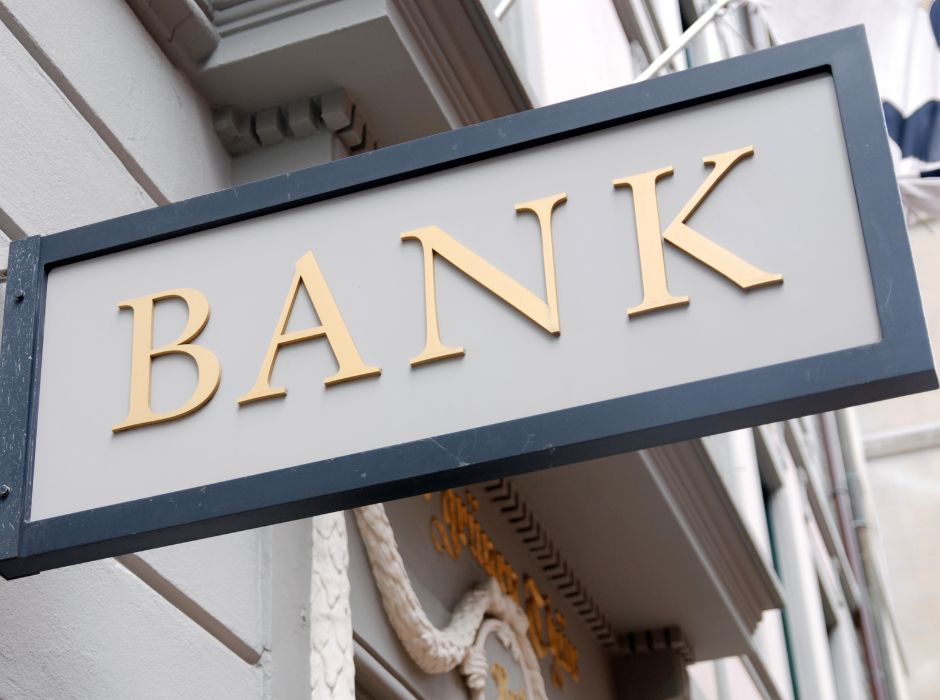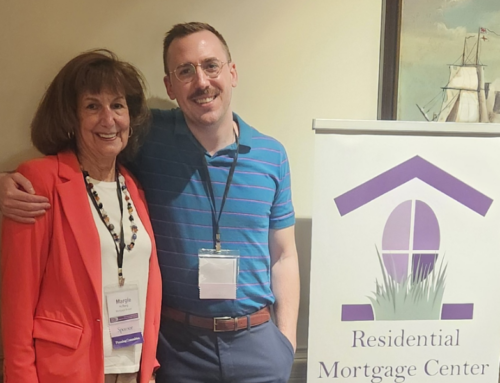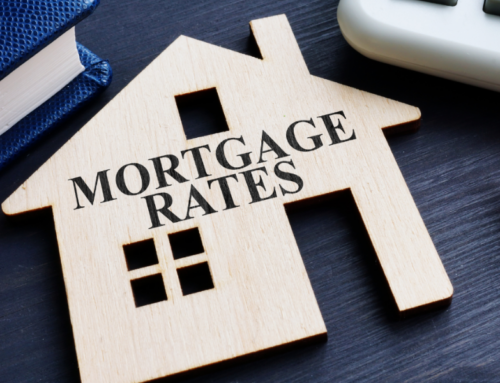What Happens to Mortgage Rates When Banks Fail?

The high-profile collapse of two regional banks in recent days has sparked fears about the country’s banking system and raised questions about how much higher the Fed should push interest rates in its efforts to curb inflation. Early last week, the Fed chairman Jerome Powell warned that the central bank might need to raise interest rates higher and more quickly to bring prices under control. However, since that testimony, the failure of two banks—Silicon Valley Bank in California and Signature Bank in New York—has added a road bump.
Analysts say this resulting uncertainty, along with some more positive economic news on jobs and spending, may prompt the Fed to be more cautious about interest rate hikes when the policymakers meet next week. Before the bank failures, the Fed was widely expected to raise its benchmark rate by at least a quarter percentage point and possibly half a point at this next meeting. Now, some economists and market analysts predict that the Fed will skip a rate hike altogether.
So what does this mean for mortgage rates? Generally speaking, bad economic news drives interest rates, including mortgages, down. Money moves to assets with the least amount of risk, which has a positive impact on mortgage interest rates. And that is what happened. Mortgage interest rates have improved about a quarter to three-eighths of a percent this week, which is a lot for three days. This has been very helpful to clients who went under contract over the weekend.
I hope that everyone is having a wonderful week! Reach out with any additional questions.



